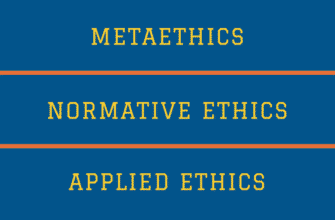I should begin with the disclaimer that I am not a fan of reality TV. I am, however, a fan of fairness. So against my better judgment, I would like to support Honey Boo Boo.
If you recall, the once popular TLC show Here Comes Honey Boo Boo was canceled last October when a picture surfaced of Mama June Shannon with a convicted child molester. Now, just six months later, one of the “kids” from 19 Kids and Counting has admitted to child molestation. Yet TLC has only pulled the show from its schedule, not cancelled it. Mama June does not think this is fair.
I believe it’s a double standard that if they’re gonna cancel our show because of rumors and stuff, that if they don’t cancel their show – and he did a whole lot more horrendous stuff than I would’ve ever thought about with my children – that’s just crazy.
You may not see a correlation between these programs, but when a show promotes family values (and I use that term loosely with regards to reality TV), such allegations are even more shocking. This results in Hypocrisy Attribution.
Hypocrisy Attribution is the result of touting organizational values but not acting in accordance. The louder we affirm the values, the increased chance that employee sensemaking will find examples of leaders acting in a hypocritical manner, thus enforcing the hypocrisy attribution dynamics.
Many of the people who identify a leader’s actions as hypocrisy believe it is pre-meditated. In their view, the leader is blatantly lying or manipulating the situation in their personal favor. From the leader’s perspective, I’ve found that this is rarely the case.
More often, the leader does not see the incongruences. According to a case study from The Leadership Quarterly, nine negative leader actions were attributed to leader hypocrisy. They include:
The Growth Decision. The CEO used the company’s small size as a culture differentiator. He then announced that expansion was a top priority. The CEO was trying to increase their competitive advantage while staff saw it as an indication of greed and a willingness to sacrifice values for money.
The Townhouse Purchase. The CEO bought a million-dollar townhouse in a prestigious section of the city. This ran counter to the employees’ beliefs that modesty and down-to-earth-ness were core organizational values.
An Employee Speaks Up. Acting on the belief that openness was valued, an employee persistently shared ideas about how the company should structure itself for the future. When the CEO did not respond or take action, the employee felt that the CEO did not practice the values of openness or inclusion.
Was the leader a hypocrite? While I don’t know him or his motives, it is clear that the perception of hypocrisy was avoidable. The missing component was communication. If he had explained the need to grow the company and linked it with their values, he could have bridged the incongruence. If he had followed up with the employee to explain why the proposal wouldn’t work, that individual would not have felt slighted. As for the house, there’s a question as to whether it was the purchase that was the issue or his incessant need to discuss it, a case of over-communication.
While you do not owe anyone an explanation of why you are making a particular decision, the perception of hypocrisy will damage your credibility, trust, and influence. Get ahead of the negative reputation. Let others see how you are making decisions – the factors you are weighing, future implications, expectations, etc. And remain sensitive to when your personal life may be a distraction from the company’s direction. If this doesn’t work, at least try not to be on a reality TV show.






